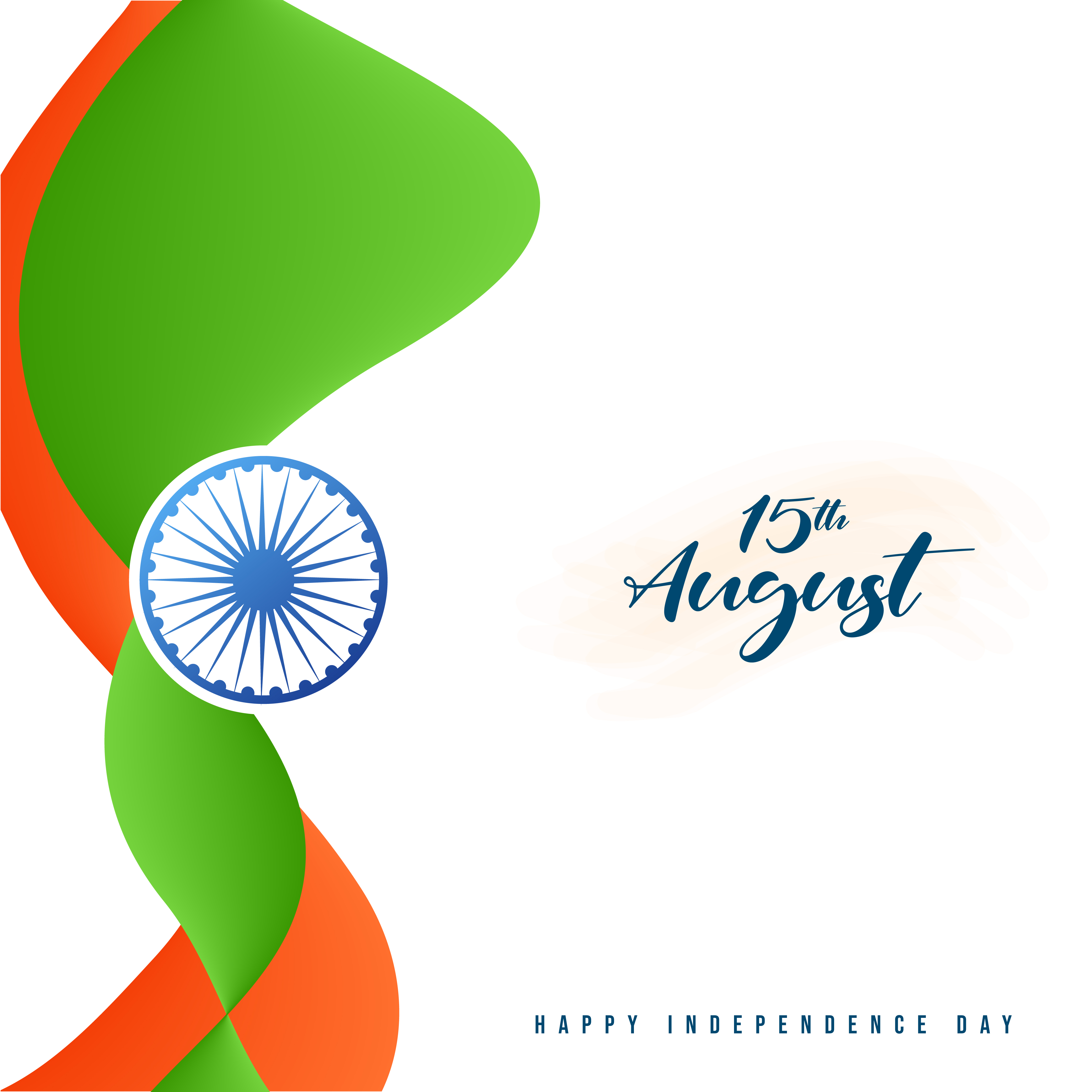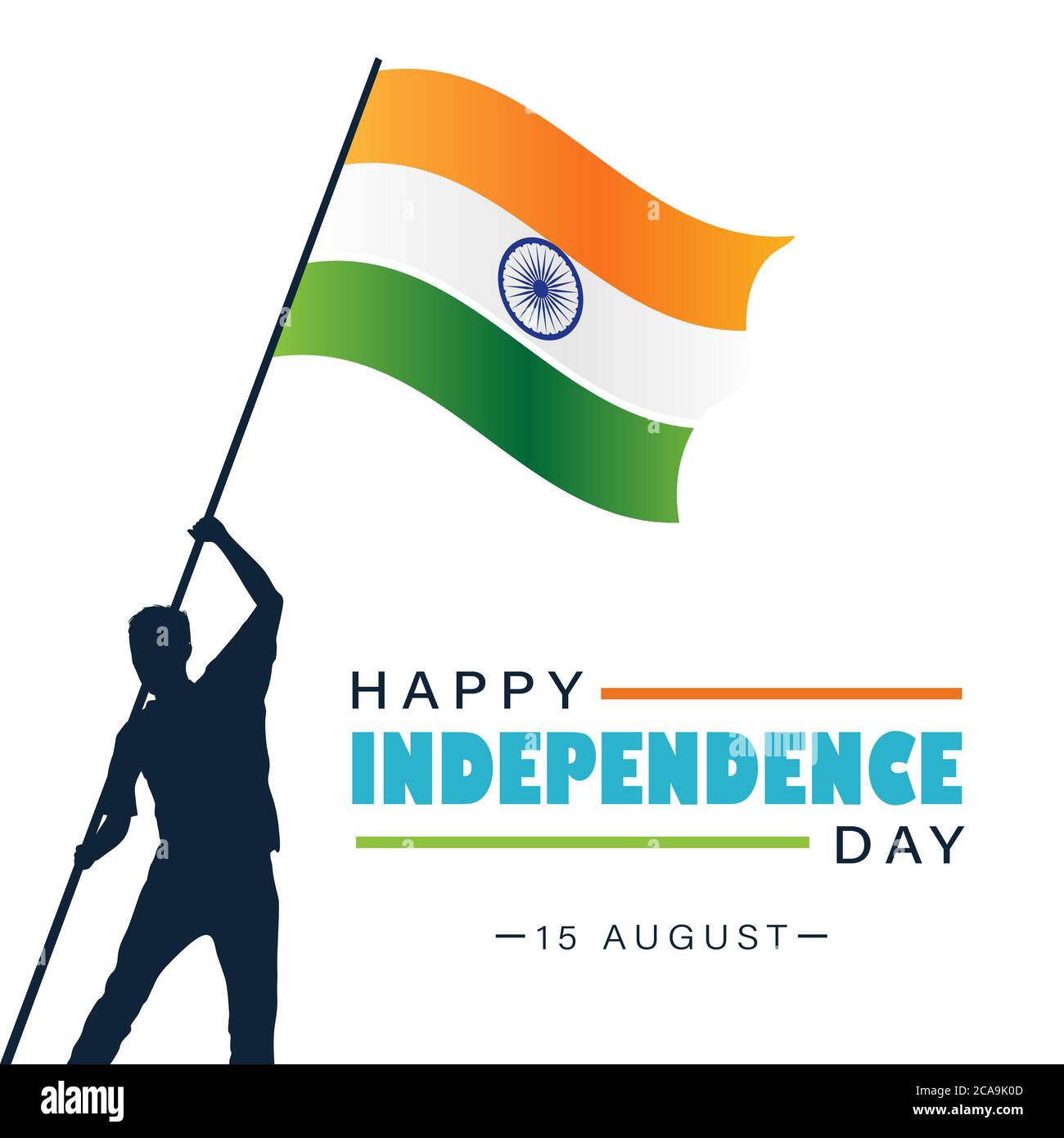Every year on 15th August, India celebrates its Independence Day with immense pride and patriotism. This day marks the historic moment when India gained freedom from British colonial rule in 1947. The streets are filled with tricolor flags, parades, and cultural events that remind us of the sacrifices made by our freedom fighters. But have you ever wondered what this day truly means beyond the festivities? Let's dive into the heart of this incredible journey.
Independence Day is more than just a national holiday. It’s a reminder of the struggles and victories that shaped modern India. From the fierce battles fought by revolutionaries to the peaceful protests led by Mahatma Gandhi, this day encapsulates the spirit of unity and resilience. It’s a time to reflect on how far we’ve come and what still needs to be done.
As we celebrate 15th August, it’s essential to remember the stories of those who gave their lives for our freedom. Their legacy lives on through the values of democracy, equality, and justice that define India today. So, let’s explore why this day holds such significance and how it continues to inspire generations.
- Lyn May Familia The Iconic Queen Of Mexican Showbiz
- Pioneer Worman The Unsung Hero Of Sustainable Living
The Historical Journey to 15th August Independence Day
India’s path to independence was anything but easy. It was a long and arduous struggle that spanned several decades. The British East India Company first arrived in India in the early 17th century, and by the mid-19th century, they had established control over large parts of the country. The Indian Rebellion of 1857 marked the first major uprising against British rule, but it wasn’t until the early 20th century that the movement gained momentum.
Key Events Leading to Independence
Here are some pivotal moments that paved the way for India’s freedom:
- 1915: Mahatma Gandhi returns to India from South Africa and becomes a prominent figure in the freedom struggle.
- 1920: The Non-Cooperation Movement is launched, encouraging Indians to boycott British institutions and goods.
- 1930: The Salt March, led by Gandhi, protests against the British salt tax and becomes a symbol of peaceful resistance.
- 1942: The Quit India Movement calls for an end to British rule and demands immediate independence.
- 1947: After years of negotiations and protests, India finally gains independence on 15th August.
These events not only highlight the determination of the Indian people but also showcase the power of collective action. Each movement brought the nation closer to its ultimate goal of freedom.
- Burt Lancaster The Charismatic Actor Who Left An Indelible Mark On Hollywood
- Tonya Harding Vs Nancy Kerrigan The True Story Behind One Of Figure Skatings Greatest Rivalries
Why 15th August Independence Day Matters Today
In today’s fast-paced world, it’s easy to take freedom for granted. But the significance of 15th August goes beyond waving flags and attending parades. This day serves as a reminder of the values that define India – unity in diversity, secularism, and democracy. It’s a time to reflect on how these principles can be applied to address modern challenges like poverty, inequality, and corruption.
Lessons from the Freedom Struggle
The freedom struggle teaches us valuable lessons that are still relevant today:
- Unity: Despite differences in language, culture, and religion, Indians came together to fight for a common cause.
- Non-Violence: Gandhi’s philosophy of non-violence showed the world that change can be achieved without resorting to violence.
- Resilience: The freedom fighters faced numerous setbacks but never lost hope. Their perseverance inspires us to keep pushing forward.
These lessons remind us that progress is possible when we work together and stay committed to our goals.
Celebrating 15th August Independence Day Across India
Independence Day is celebrated with great enthusiasm across the country. From the national capital to remote villages, people come together to honor the occasion. The day begins with the Prime Minister hoisting the national flag at the Red Fort in Delhi, followed by a speech addressing the nation. Schools, colleges, and offices organize flag hoisting ceremonies, cultural programs, and quizzes to educate the youth about India’s history.
Traditions and Customs
While the celebrations vary from region to region, some traditions remain constant:
- Flag Hoisting: The tricolor flag is hoisted in every corner of the country, symbolizing national pride.
- Parades and Marches: Military parades and cultural marches are organized to showcase India’s diversity and strength.
- Kite Flying: Kite flying has become a popular tradition, with people of all ages participating in this fun activity.
These traditions not only bring people together but also keep the spirit of independence alive.
The Role of Freedom Fighters in Shaping India
No discussion about 15th August Independence Day is complete without mentioning the heroes who made it possible. From Mahatma Gandhi to Subhas Chandra Bose, each freedom fighter played a crucial role in India’s struggle for independence. Their sacrifices and dedication laid the foundation for a free and democratic India.
Biographies of Key Figures
| Name | Role | Major Contribution |
|---|---|---|
| Mahatma Gandhi | Leader of the Non-Violence Movement | Advocated for peaceful protests and civil disobedience. |
| Subhas Chandra Bose | Founder of the Indian National Army | Organized military campaigns against the British. |
| Jawaharlal Nehru | First Prime Minister of India | Led the nation during its transition to independence. |
These leaders inspired millions of Indians to join the freedom struggle and fight for their rights. Their stories continue to inspire generations to stand up for justice and equality.
Challenges Faced by Post-Independence India
While gaining independence was a monumental achievement, it came with its own set of challenges. The partition of India and Pakistan led to widespread violence and displacement. The new government faced the daunting task of rebuilding the nation and establishing a stable economy. Despite these hurdles, India managed to emerge as the world’s largest democracy.
Modern-Day Challenges
Even today, India faces several challenges that require collective effort:
- Economic Inequality: Bridging the gap between the rich and the poor remains a priority.
- Environmental Issues: Combating climate change and preserving natural resources is crucial for sustainable development.
- Social Reforms: Promoting gender equality and eradicating caste-based discrimination are ongoing battles.
Addressing these challenges requires the same spirit of unity and determination that characterized the freedom struggle.
The Global Significance of 15th August Independence Day
India’s independence wasn’t just a victory for the nation; it was a beacon of hope for colonized countries around the world. The success of the Indian freedom struggle inspired movements in Africa, Asia, and other parts of the world. It proved that freedom could be achieved through peaceful means and that the power of the people was unmatched.
India’s Role in the Global Community
Today, India plays an important role in global affairs. As a member of the United Nations and other international organizations, it advocates for peace, development, and human rights. The country’s rich cultural heritage and technological advancements have made it a respected player on the world stage.
How You Can Celebrate 15th August Independence Day Meaningfully
Celebrating Independence Day goes beyond attending events and enjoying holidays. It’s about understanding the significance of this day and contributing to the nation’s progress. Here are some ways you can make your celebrations more meaningful:
Actions You Can Take
- Volunteer: Spend time helping those in need by volunteering at local charities or community centers.
- Learn: Educate yourself about India’s history and the struggles faced by freedom fighters.
- Spread Awareness: Share stories of bravery and sacrifice on social media to inspire others.
By taking these steps, you can honor the legacy of those who fought for our freedom and contribute to a better future for all.
Conclusion: Keeping the Spirit of Independence Alive
15th August Independence Day is a celebration of India’s past, present, and future. It’s a reminder of the sacrifices made by our freedom fighters and the values that define our nation. As we wave the tricolor flag and sing the national anthem, let’s also commit to making a positive impact in our communities. Whether it’s through volunteering, learning, or spreading awareness, each of us can play a role in keeping the spirit of independence alive.
So, this Independence Day, take a moment to reflect on what freedom means to you. Share your thoughts with friends and family, and inspire others to join you in making a difference. Together, we can build a brighter future for India and the world.
Table of Contents
- The Historical Journey to 15th August Independence Day
- Why 15th August Independence Day Matters Today
- Celebrating 15th August Independence Day Across India
- The Role of Freedom Fighters in Shaping India
- Challenges Faced by Post-Independence India
- The Global Significance of 15th August Independence Day
- How You Can Celebrate 15th August Independence Day Meaningfully
- Conclusion: Keeping the Spirit of Independence Alive
Remember, freedom is not just a word; it’s a responsibility. Let’s honor the legacy of our freedom fighters by working towards a better tomorrow. Happy Independence Day!
- Who Is Anna Kendrick Dating Now The Ultimate Guide To Her Love Life
- Cnn Anchor Quits On Air The Shocking Moment That Left Everyone Speechless


